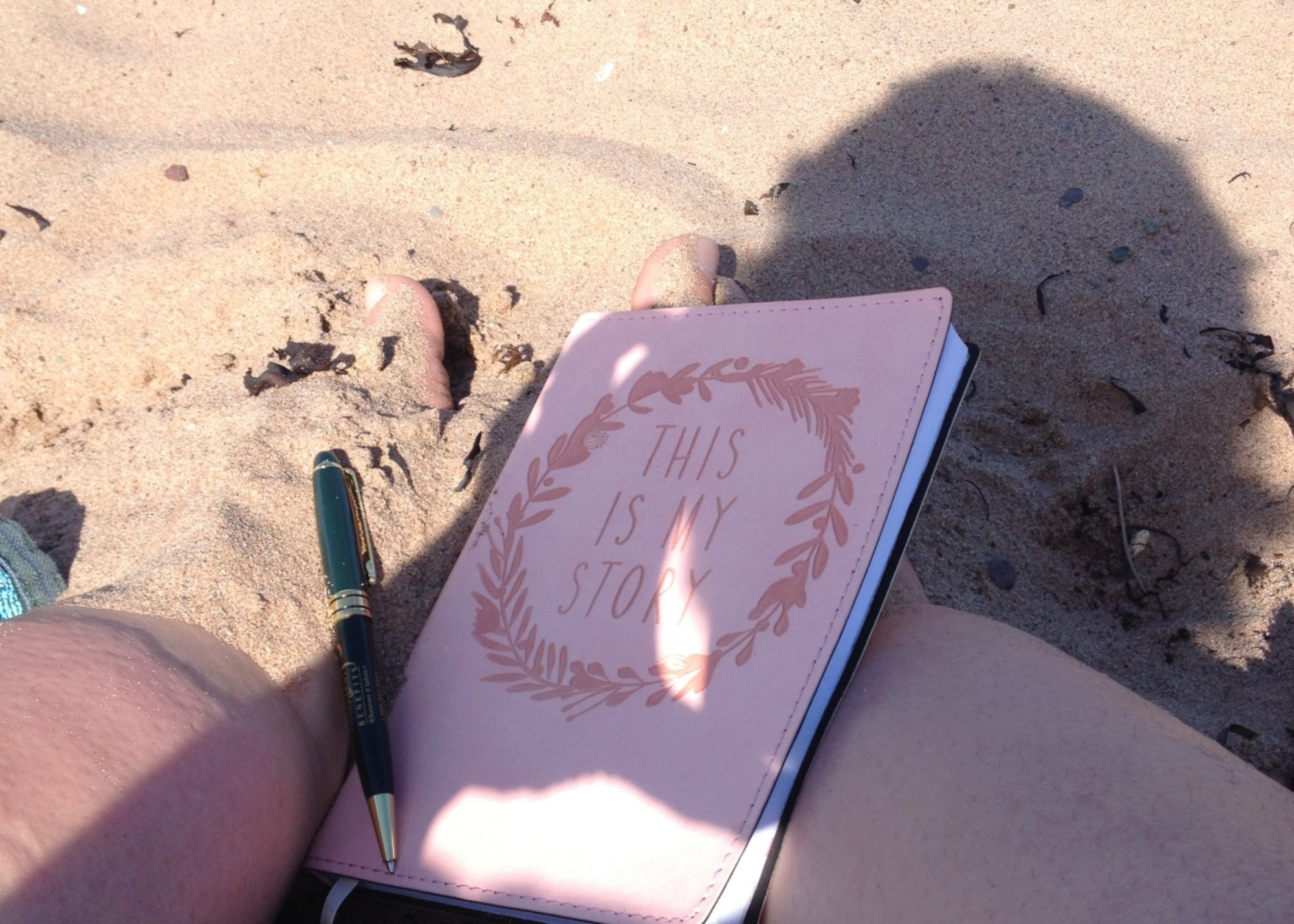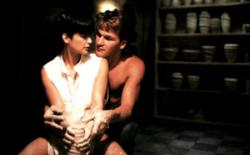Longest Night. For winter-loving folk it sings a chorus of skis and hockey. For me, it is Shortest Day, SADS on a stick, jabbing me with icy spears of dread while growling threats of carb cravings and cabin fever that even the writer’s cure-all – wine – can’t silence. But this year it may be different. And I have my muse to thank.
To be clear, my muse is not a mythical creature or a figment of imagination. He doesn’t play the harp, rarely wears white, and whlle he’s no doubt modelled a toga or two in his day, does not resemble the Greek legends or angelic deities often attached to artistry’s mysterious element. Oh,no, that would be too easy. My muse is very much human, and a man at that: 5′ 7″ (he would say taller) of flesh, bone, stubborness and attention span swayed instantly by the scent of a football or the hint of cleavage. Yet in a job thrust upon him that neither of us predicted or chose, he offers a rare combination of wisdom, curiosity, and courage that has given rise to three books, will inspire at least four more, and reveals the world to both of us in moments of atomic detail. I have no gift to acknowledge the trust and sacrifice in assuming a role that is in complete defiance of the life he built, with no salary or job description, no office hours or fame. But the longest night does.
To explain that, we return to when the millennium was new and the longest day was his longest night. As summer blossomed from spring, the love of his life took her last breath and with it, the light of his world. Years later, this fateful anniversary would bring author and muse together with one thing that could penetrate the depths of his darkness: his story in her words. Since then, my muse emerges as a child timid but fascinated by the wonders in our minds, scooping seashells of memories and netting fireflies of imagination to dump them proudly on my desk with a grin and a challenge. Presented with the words, he assumes the position of critical reader. Palms on thighs, eyes closed, he absorbs each syllable as I watch both page and cues. Leaning forward means he is challenging my assertions. Head tipped back shows his search for the images I suggest. Completely still means jackpot: he’s right there in a moment that was or could have been. “You’ve nailed it,” he’ll murmur. “I know,” I’ll reply, and we savour the words offered like sprinkles on a cupcake: not necessary, but nice.
With so much unspoken, the job is more easily dismissed than explained. “Not a muse, an agent,” he had huffed at first, silver head flashing its refusal under the fluorescent lights. “Well, if you’re not my muse, then as an agent you’ll starve,” I retort and he laughed, engaged by a new bridge connecting my world of artistry to his of commerce. Even now, after years of our meetings, I snicker as I imagine him with Scotch in hand, surrounded by conversation and cigar smoke, tightening his tie and his handshake with the introduction: “Yes, I’m a life underwriter, financial planner, and muse.” I try to picture the reactions, the requests to repeat that last part, to define the job, the terms, the benefits. Then, I admire his courage even more. For as real as he is, I too struggle with revealing that which is so natural between us to the narrowed views of those ‘out there’. How to explain the need for arguments with no winners, only a story clearer, smoother, energized by the rasping of our thoughts and words? How to honour the courage in offering one’s life stories to a critical world when thanks is dismissed with cool logic? “I’ve already lived the life,” he replies quietly. “I have nothing to lose by sharing what’s already been.” How to thank someone who endures author rants and reader indifference, juggles quarterly reports and galley proofs, while embracing each encounter with phone turned off and insight tuned in?
Above all, what gift is there to acknowledge his commitment to save me from myself? He teeters between a life that is and a life that could be, above the darkness we both fear, allowing me the freedom to explore, reunite, and reveal ourselves while keeping me from plunging too far and too fast. There is nothing I could buy, write, or promise that repays such dedication.
But the longest night can.
This year, my muse will spend its sparse daylight hours winging his way to a Christmas we all deserve: a holiday wih no boardrooms, calendars, or financial forecasts, only family, football and the bustle of a house devoted to peace on earth and goodwill toward men, women, children, and their stomachs. Before the longest night descends, he will be tucked into the warmth of a young family’s couch, with a new grandchild exploring her first Christmas and her Poppa with joyful, drooling abandon. It is the perfect start to a new season, and a fervent reminder of the light that can spring from darkness.
I will still mourn daylight’s loss with tantrums, Doritos and frequent naps, yet warmed by the image of my muse at rest I will learn not to worry when or if all will come to light, but appreciate the opportunities hidden in darkness.
After all, a season that spawned mulled wine can’t be all bad.
Merry Christmas, my muse.
Happy Holidays to all.


